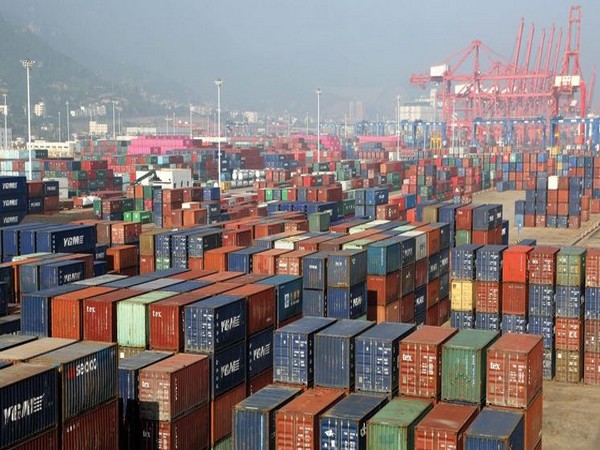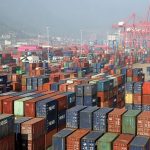New Delhi [India], November 8 (ANI): Amid significant bilateral trade volatility between Russia and nearly all other markets due to the war in Ukraine, India has emerged as a strong trade partner of Russia and is expected to remain so in 2023, according to a new S&P Global Market Intelligence report released on Tuesday.
The newly published ‘2023 Global Trade Outlook’ is part of S&P Global Market Intelligence’s Big Picture 2023 Outlook Report Series.
“The trade value of total imports from Russia has increased in recent months, primarily due to rising oil, gas and coal prices, as well as spikes in Russian imports by several countries. This group is led by India, which noted a greater than 100 per cent y/y increase in Russian import trade values each month after the Russia-Ukraine conflict started in February 2022,” said Agnieszka Maciejewska, Economics Manager at S&P Global Market Intelligence.
S&P Global Market Intelligence is a division of S&P Global. S&P Global is the world’s foremost provider of credit ratings, benchmarks, analytics and workflow solutions in the global capital, commodity and automotive markets.
The report highlighted the anticipated shifts in trade due to the Russia-Ukraine conflict as well as positive outlook for containerized trade in 2023 despite a mere 0.7 per cent year-on-year (y/y) growth in 2022 led by the estimated slowdown in the second half.
It also highlighted the impact of the new International Maritime Organization (IMO) greenhouse gas reduction measures that will be introduced in 2023.
Here are some of the other key highlights from the report:
Global shifts in trade:
India is forecast to see an acceleration in trade in 2023, thanks to its significant increase in imports from Russia. Its trade value is projected to increase by 3.5 per cent y/y in exports and by 1.3 per cent y/y in imports, while its trade volume is projected to grow 3.8 per cent y/y and 7.3 per cent y/y, respectively.
Mainland China is expected to be the biggest importer from Russia in 2023, followed by Turkey, Belarus and Kazakhstan.
However, China’s current economic slowdown adds considerable uncertainty to the outlook. Western trading partners will lose their significance in Russia’s trade turnover. This trend will become even more visible if Russia cuts gas supplies to Europe in the winter of 2022-23.
Containerized trade outlook:
S&P Global Market Intelligence’s Global Trade Analytics Suite (GTAS) forecasting projects containerized trade to increase by 3.2 per cent y/y in 2023, following a 0.7 per cent y/y growth in 2022.
With mainland China’s containerized exports accounting for more than 50 per cent of its total exports, this type of cargo should face significant long-term impacts from the country’s economic challenges, a situation not expected to change anytime soon.
IMO decarbonization goals:
Beginning January 1, 2023, the maritime industry, which is highly dependent on fossil fuels, will have to comply with the new short-term greenhouse gas reduction measures implemented by the IMO.
This will likely result in a higher average increase in maritime logistics costs and a slowdown, albeit marginally, in global trade and economic growth. (ANI)












